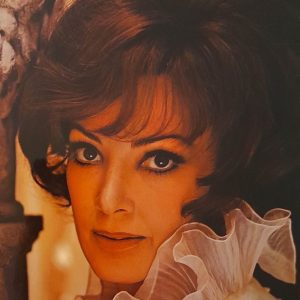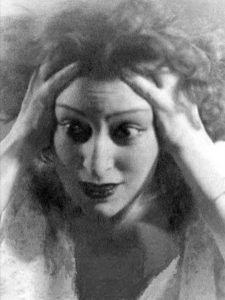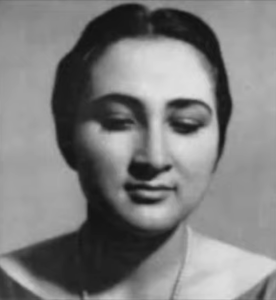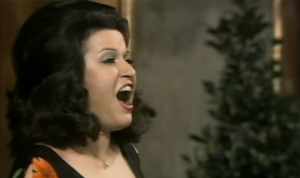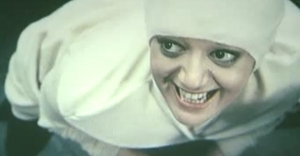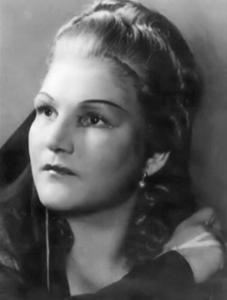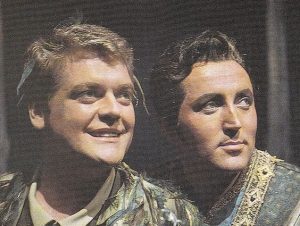Podcast: Play in new window | Download (Duration: 1:41:56 — 101.4MB) | Embed
Subscribe: Spotify | TuneIn | RSS | More
What better way to start off this Black History Month 2025 celebration than with a birthday tribute to beloved African American diva Martina Arroyo, who turned 88 yesterday, February 2?! Though she is universally regarded as one of the premier Verdi spinto sopranos of the second half of the Twentieth Century, Arroyo was equally adept at a wide range of other composers as well. In this episode, which focuses on Martina in duet, many of those composers are represented as well, from Handel to Meyerbeer to Mascagni, with a little Wagner thrown in for good measure. And what an amazing line-up of duet partners, including two of our most beloved African American mezzos/sopranos, Shirley Verrett, and Grace Bumbry. Also heard are Franco Corelli, Carlo Bergonzi, Anna Moffo, Franco Bonisolli, Bernd Weikl, Gianfranco Cecchele, Sherrill Milnes, Ludmila Dvořáková, and Giorgio Lamberti. Raise a glass to this supreme soprano, and prepare your ears for a deeply satisfying experience!
Countermelody is a podcast devoted to the glory and the power of the human voice raised in song. Singer and vocal aficionado Daniel Gundlach explores great singers of the past and present focusing in particular on those who are less well-remembered today than they should be. Daniel’s lifetime in music as a professional countertenor, pianist, vocal coach, voice teacher, and journalist yields an exciting array of anecdotes, impressions, and “inside stories.” At Countermelody’s core is the celebration of great singers of all stripes, their instruments, and the connection they make to the words they sing. By clicking on the following link (https://linktr.ee/CountermelodyPodcast) you can find the dedicated Countermelody website which contains additional content including artist photos and episode setlists. The link will also take you to Countermelody’s Patreon page, where you can pledge your monthly or yearly support at whatever level you can afford.

